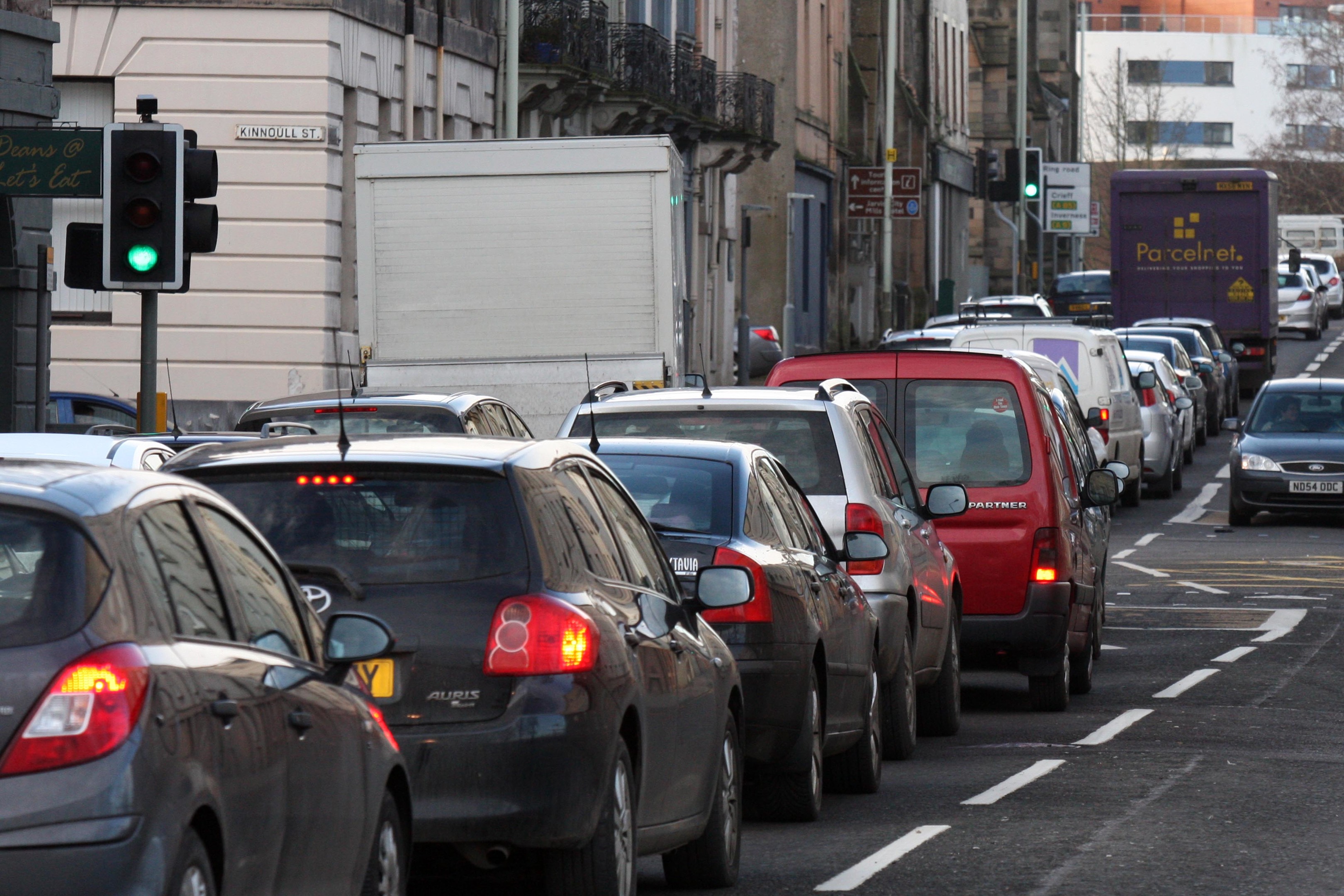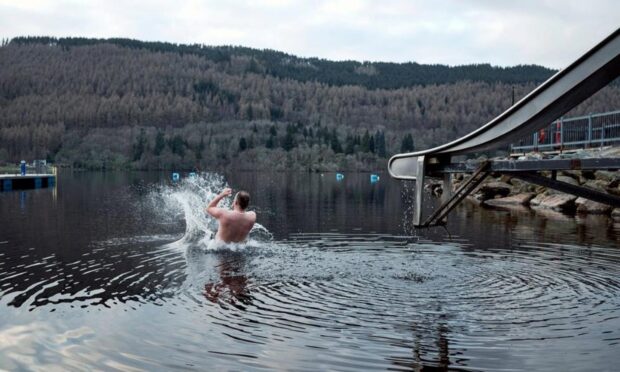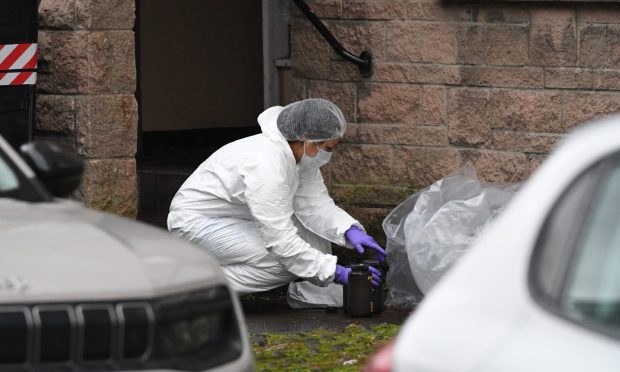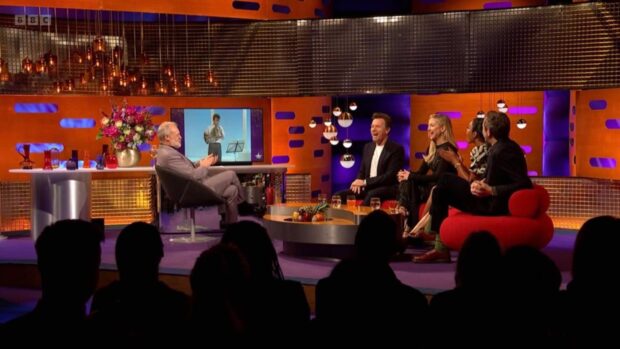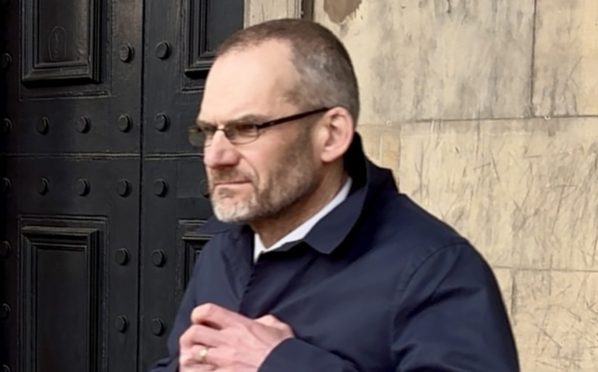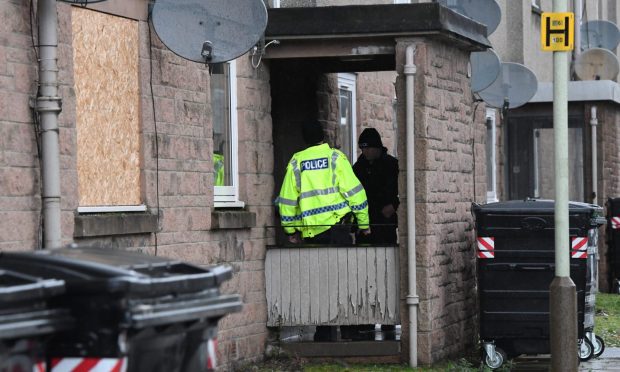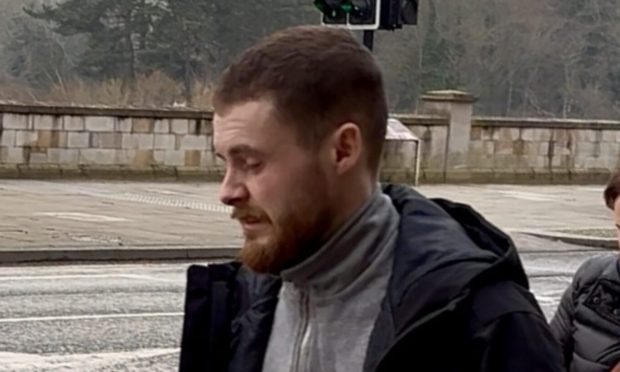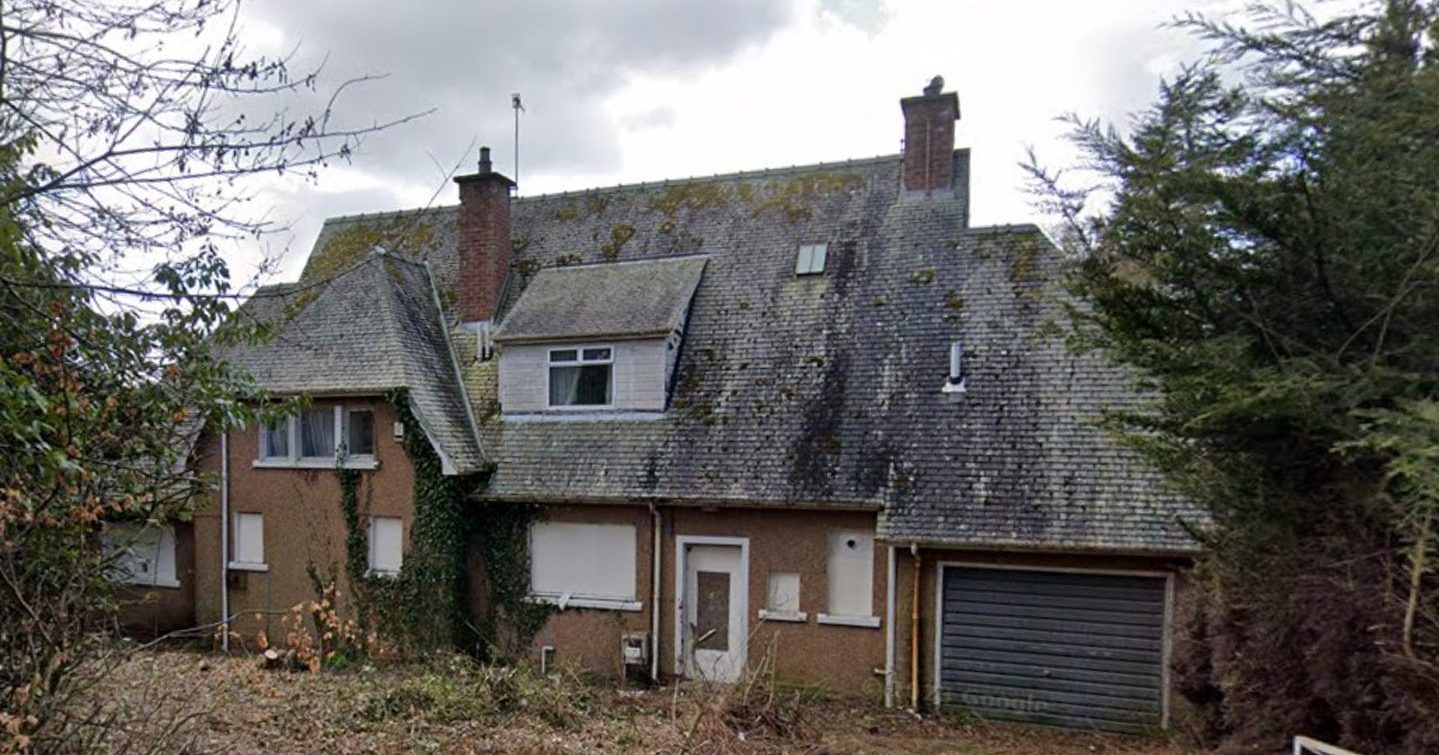A senior councillor has questioned proposals to ban high polluting vehicles from parts of Perthshire.
The creation of a London-style low emission zone is being considered to tackle long-standing air quality problems in Perth city centre and Crieff.
The move could see certain vehicles being blocked from – or charged for – entering these new areas.
Perth and Kinross Council has received £140,000 of Scottish Government cash to fight pollution problems. It comes after Perth’s Atholl Street was named as one of the most polluted roads in Scotland.
Environment committee convener Alan Grant said the main reason for the ongoing problem was that both Atholl Street and Main Street in Crieff were lined with high buildings, which trap pollution.
Addressing councillors at Wednesday morning’s committee meeting, the Strathmore councillor said: “I have a concern about the idea of effectively saying to drivers of certain types of vehicles, you can’t enter this area.
“I don’t think we can physically stop them, but I understand there are specialist bits of equipment which can snap a photo and use it to trace them with their registration number. But that obviously involves a fair bit of administration.”
Councillor Murray Lyle said: “I think these things need to be put into perspective. We don’t live in China. Our response to this needs to be in proportion to the problem.”
Councillors agreed to set up a Corporate Air Quality Working Group to progress a solution, in line with the Scottish Government’s Clean Air for Scotland strategy.
The move has been backed by Friends of the Earth Tayside, which has previously called for a traffic ban in Dundee.
Spokesman Andrew Llanwarne said: “As a society, we have become much more dependent on using private cars, for the convenience and speed of travel, although this means we are less active than we should be.
“Measures to encourage people to cycle and walk more often can help them improve their health directly, whilst also reducing levels of air pollution. Schools and employers can help to make this easier for people.”
He added: “Planning decisions also have a major influence on how people get to work, to school, and to the shops. More use of public transport can help, but investment in cleaner buses is vital to reduce pollution levels. Therefore an integrated approach is essential to change the way we travel, reduce the numbers of vehicles on our streets, and improve air quality for everyone.”
Mr Llanarne said air pollution causes an estimated 2,000 deaths across Scotland each year, at a cost of more than £1billion to the country’s economy.
